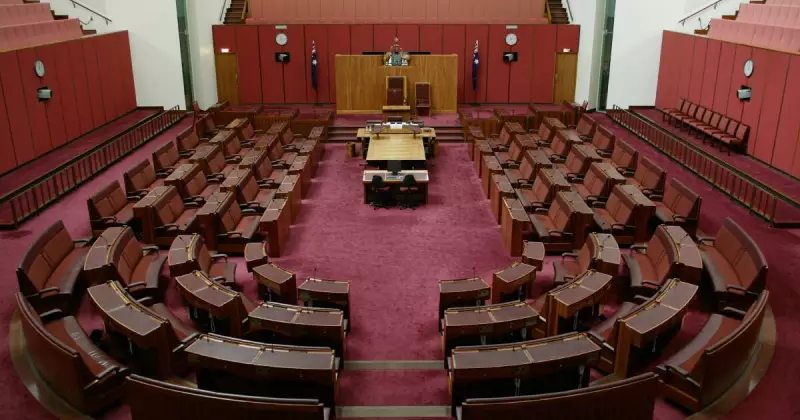
In a powerful move that's shaking the foundations of Australian democracy, leaders from the Australian Capital Territory and Northern Territory are demanding an end to what they call "second-class citizenship" in federal parliament.
The Representation Gap Affecting Hundreds of Thousands
While representing over 700,000 Australians collectively, the ACT and NT face significant limitations in the House of Representatives compared to their state counterparts. This democratic deficit means territory residents don't enjoy the same level of parliamentary representation as other Australians, despite contributing equally to the nation.
A Growing Movement for Constitutional Change
The campaign is gaining momentum with bipartisan support and growing public awareness. Territory leaders argue that the current system creates an unfair political landscape where territory voices are systematically diluted in national decision-making.
"We're not asking for special treatment," emphasized one political representative. "We're demanding equal treatment. Every Australian deserves the same democratic rights, regardless of whether they live in a state or territory."
What Fair Representation Would Mean
- Increased parliamentary seats reflecting population growth
- Stronger voice in national policy decisions
- Equal standing with state representatives
- Better advocacy for territory-specific issues
The Path Forward
Advocates are pushing for constitutional recognition and reform that would permanently secure territory representation rights. The movement has drawn support from legal experts, democracy advocates, and community leaders across the political spectrum.
As one supporter noted, "This isn't just about politics—it's about basic democratic principles. Australia cannot claim to be a fully representative democracy while maintaining this inequality."
The campaign shows no signs of slowing down, with organizers planning increased public engagement and political pressure in the coming months.





